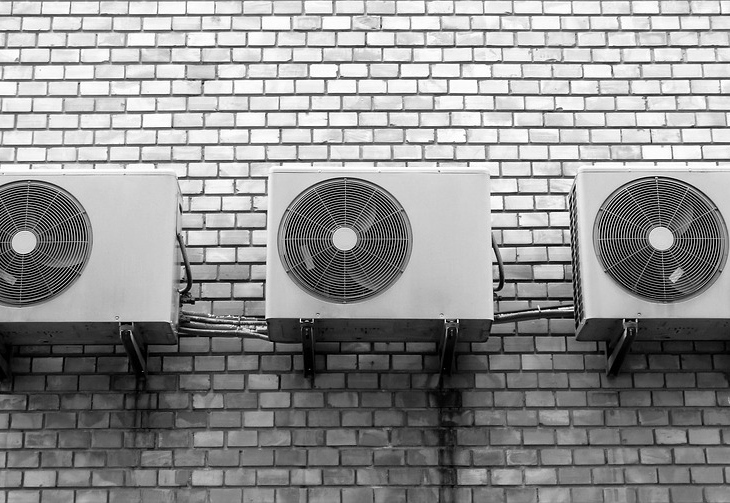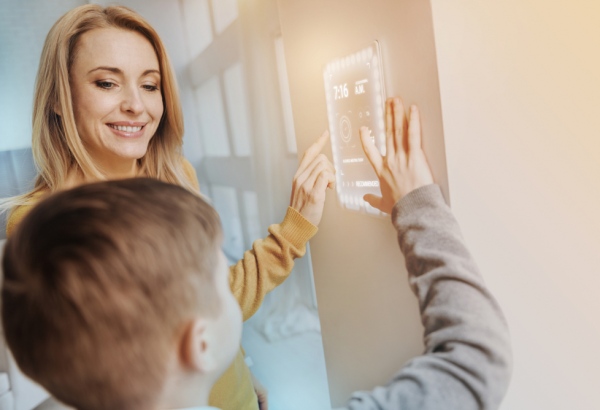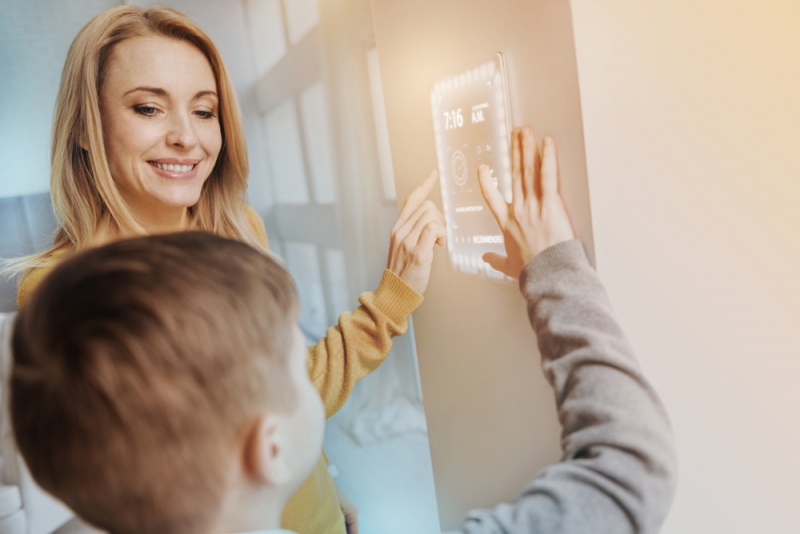5 Common AC Issues and How To Fix Them
It is a huge hassle when the days are sweltering with heat, and your air conditioning won’t turn on! From poor installation to improper maintenance, air conditioning problems are a lot more difficult to solve than they seem.
Leaky ducts, poor airflow, and clogged filters are some of the other issues related to ACs that aren’t talked about much and people therefore really don’t know how to fix them when they encounter such problems. Several times the refrigerant charge does not match accurately with the specifications of the manufacturer.
The manufacturers of ACs often make high-quality products that are rugged. Therefore, it’s imperative to check for short circuits, circuit breakers, and fuses if the air conditioning stops working all of a sudden.
In this article, we have highlighted 5 of the many common AC problems faced by everyone and the way they can be fixed.
- The Clogged Filter
One common reason why air conditioners fail to function correctly is due to a dirty or clogged filter. Maybe you left your cooling system running while you were on vacation, maybe your filters are old. The reasons could be endless. The filters require changing, but this needs to be done according to the manufacturer’s guidelines and suggestions.
Some filters are changed every three weeks, others on a monthly basis, while some are reused and only need to be cleaned once every few months. Now the question is how to know when to change these filters? One way to understand how a filter needs cleaning is to check if light is passing through it. If light doesn’t pass through the filter, it means the filter needs cleaning. A clogged filter freezes the AC unit and reduces the airflow; henceforth filters need to be cleaned or changed every 2 to 3 weeks.
- Refrigeration leaks
If the air conditioner is running low on refrigerant, it means that either it was not fully charged or there are some leakages. If latter is the case, adding a refrigerant is not the desired solution. The solution is to call a trained technician to fix the leaks, repair them, test them, and then charge with the right amount of refrigerant.
When the refrigerant charge exactly matches the specifications of the manufacturer that is when the efficiency and performance of the AC will be 100% adequate. It should neither be overcharged nor undercharged. These leaks can also be very harmful to the environment. The temperature fluctuates once the coolant starts leaking and causes the AC to become inefficient. The repair cost is dependent on the location of the leakage spot; therefore these need to be checked annually by a professional AC technician.
- Thermostat & Sensor Problems
Air conditioners in the room have a thermostat sensor which is often located behind the control panel. The thermostat is used to measure the air temperature entering the evaporative coil. If the sensor is not in position, it can cause the air conditioner to behave irregularly. The sensor should be located near the coil but should not touch it. It can be adjusted carefully by bending the wire and holding it in place.
An easy and quick fix to ensure that the AC functions smoothly is to check that thermostat is clean from the inside and most importantly its turned on. The thermostat should not be affected by sunlight, and the setting should be perfect. If the problem persists, then there may be something else wrong with the air conditioning that needs to be looked by a professional.
- Drainage Issues
The condensate drain must not be clogged and should drain properly. If not elevated or mounted, room air conditioners may not drain well. A filter can be clogged with dust, dirt, and lint. As a result, water starts to leak, damaging the AC unit.
- Failure of Electric Control
Different kinds of electric control failures can occur, causing problems in the AC. Wearing out of compressors and fan controls is quite common, especially when there is fluctuation in the system; this happens when the unit is overburdened.
Wire and terminal corrosion is also a considerable problem in several systems. The electrical contacts and connections must be thoroughly inspected by a professional technician.
Other electrical glitches that can cause problems for the air conditioning are explained below:
- Fuses or breakers
These protect the AC’s motor and compressor from overheating when overused. Mostly when the AC stops functioning, one of the first things that must be checked is the breaker. Before attempting to reset or fix the breakers, it is imperative to check if the AC is cool enough to work on.
- Compressor
Heat exchanged is carried out via compressor as it energizes the refrigerant which then thrusts through the coils. If the compressor suddenly stops functioning, it is highly likely that a high-pressure limit switch has tripped. Mostly, a reset button is located in the compressor’s access panel that needs to be switched right back on in such cases.
- Evaporator Coils & Condenser coils
The capacitor coil absorbs heat, and cool air is spread across the room via air ducts. Corrosion in coils can occur if they are located inside. Therefore, they must be inspected every three years. As far as condenser coils are concerned, they are located on the outside of the compressor and thus are exposed to a lot of dirt. They can be cleaned annually using water; however, if they become too clogged or dirty, a professional AC technician should clean it using a chemical cleaner.




















Leaver your comment